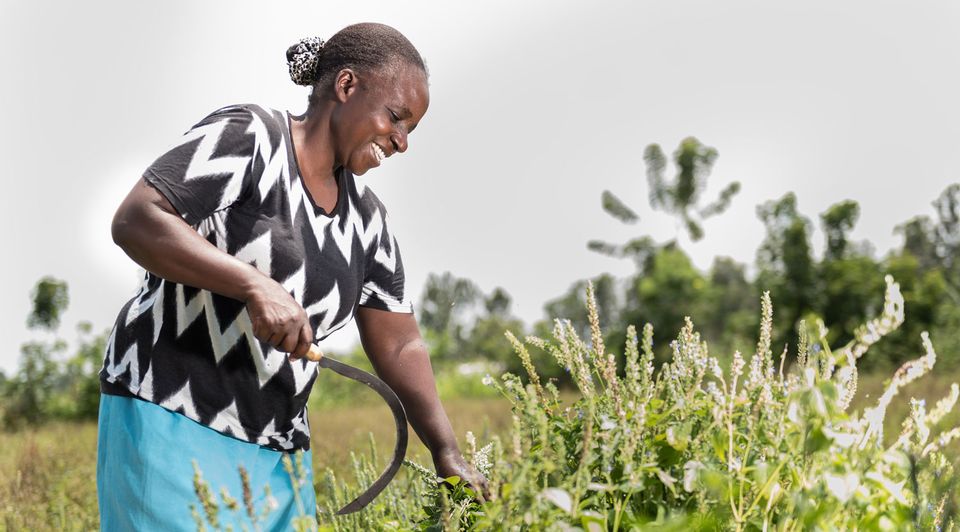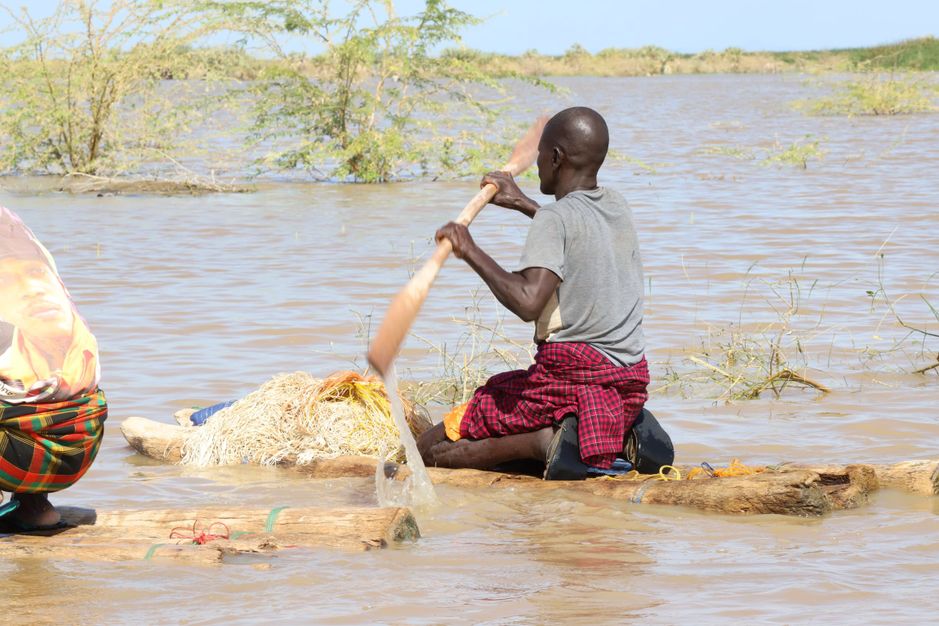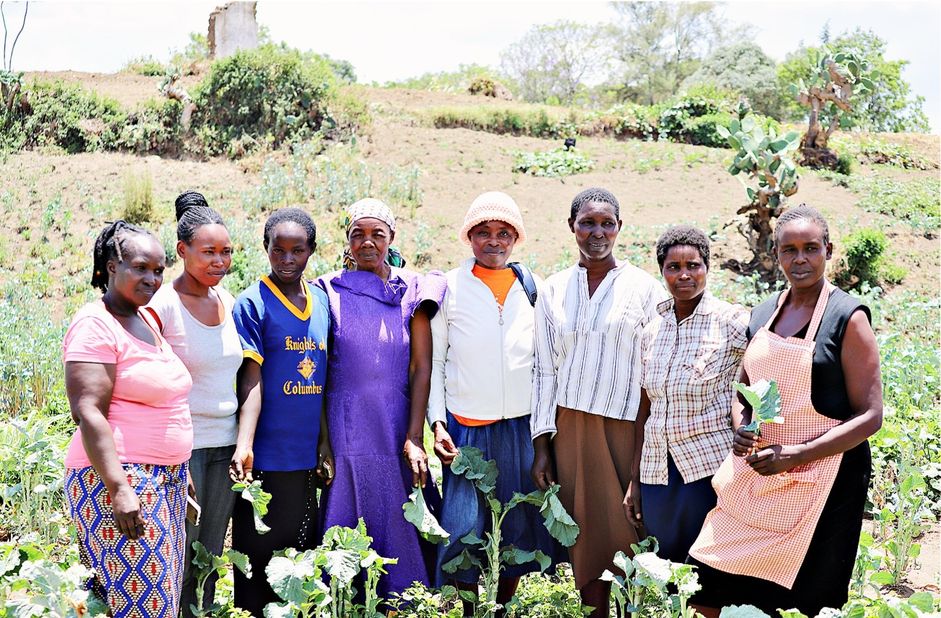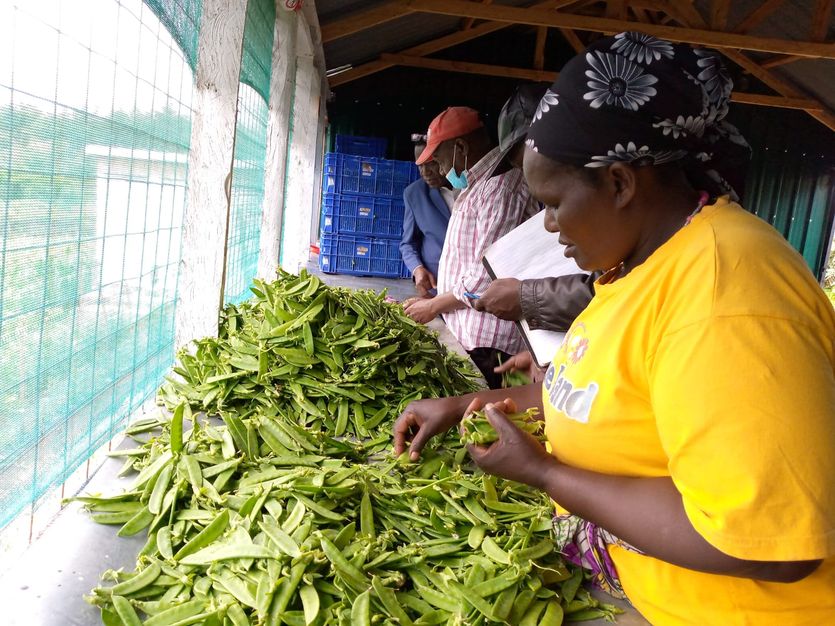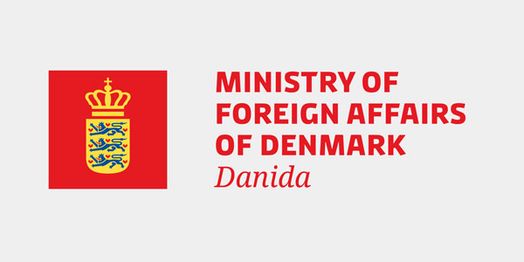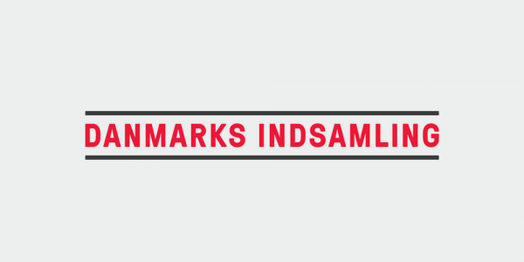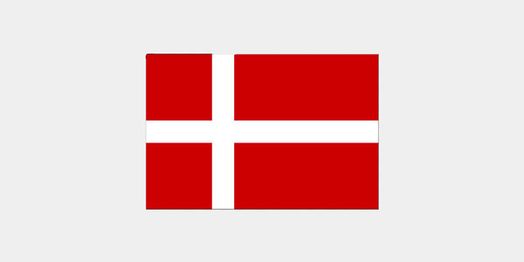Main activities
DCA Kenya country programme is aligned to the SDG’s and founded on a rights-based approach in the humanitarian-development-nexus covering immediate needs assistance, resilience, self-reliance and socio-economic integration between refugees and host communities and for vulnerable communities including women and youth.
Livelihoods for Resilience and Self reliance
DCA supports communities to improve their livelihoods from agriculture, livestock and fishing, improving resilience towards climate change and enhancing food security.
DCA and partners are using smart technology to increase agricultural production and access to financing for smallholder Kenyan farmers, as well as supporting farmers to secure fixed prices on their yields.
DCA also enhances financial inclusion through Village Savings and Loan Associations (VSLA’s).
Together with local organization SAPCONE, DCA supports fishing groups of Lake Turkana in value chain development and marketing and provision of boats, fishing nets and gear to enhance fishing activities.
Youth Empowerment and Gender
A key focus of the Kenya programme is youth empowerment, skills development, and promotion of entrepreneurship and innovation among young refugees and youth in Kenya. DCA and partners provide a wide range of support measures including demand-led technical skills training, employability training, career guidance, internship, and job placements ensuring that more young people are equipped with the skills needed to compete in today’s job market.
In 2018, DCA initiated a blended learning approach to business and entrepreneurship skills training for youth in Kakuma refugee camp. The approach combines digital content on Fabo with face-to-face training using ILO’s Get Ahead curriculum for business. So far, more than 350 youth entrepreneurs have been trained through this cost-effective training process and are in various stages of capitalizing their business plans.
DCA is also testing a revolving Youth Enterprise Fund as an outgrowth of blended learning aiming to finance youth entrepreneurs to grow and expand their enterprises.
DCA has also been supporting entrepreneurship and skills development, youth voices (Kakuma Parliament), recreational and talent building (including Kakuma Premier and Diva’s League, and Kakuma’s Got Talent), inclusion and equality as well as work with national faith actors on gender justice.
DCA recently partnered with Women’s Empowerment Link (WEL), a women-led local organization that advocates for women’s human and social justice rights.
Innovation
We aim at mainstreaming innovation into everything we do through researching and testing innovative sustainable solutions. Among these are:
- Multi Storey Gardens – a kitchen garden bag designed to produce more crops with less water and taking up less space.
- Cricket Farming – an innovative solution to secure higher nutritional diet with less impact on the climate; Desert Locust Harvesting & Processing – trialling a community-driven approach to transform a pest into a source of income.
- Digital Learning and Accountability – digitalization of entrepreneurship and business training for refugee youth; use of the Listen Learn Act (LLA) tool which, through digital data collection and feedback meetings with affected populations, helps us to better capture perceptions and feedback and systematically consider it in our activities; testing a gaming app to train Village Savings & Loan Association (VSLA) facilitators.
- Private Sector Engagement – DCA is working with Ingemann to adapt and roll out digital platforms Climatica.farm and Agroclimatica, which efficiently correlate climate predictions, soil conditions and crop/animal behaviour in time to support smallholder farmers. We are also exploring creative partnerships with various private sector actors on youth employment, green growth and value chain development.
DCA Kenya in numbers
3 offices (Nairobi, Nakuru and Kakuma)
15 partners (civil society, non-government and faith-based organisations, social enterprises and private sector actors)
38 DCA staff and 37 community facilitators
270,000 beneficiaries in 2020
26,592,700 DKK turnover in 2021
- DCA Kenya Fact Sheet (PDF)
- DCA Fact Sheet (PDF)
Learn more about DCA in Kenya
Donors
DCA operations in Kenya are supported by Danida, Norad, Danmarks Indsamling and the Danish population.
Contact DanChurchAid Kenya
Head office
12th floor Westpark Towers,
Mpesi Lane, off Muthithi Road
Westlands
P.O. Box 1878-00606
Nairobi Kenya
Office phone : +254 (0)706 090252
E-mail: info-kenya@dca.dk
Country Director
Karen Poore

